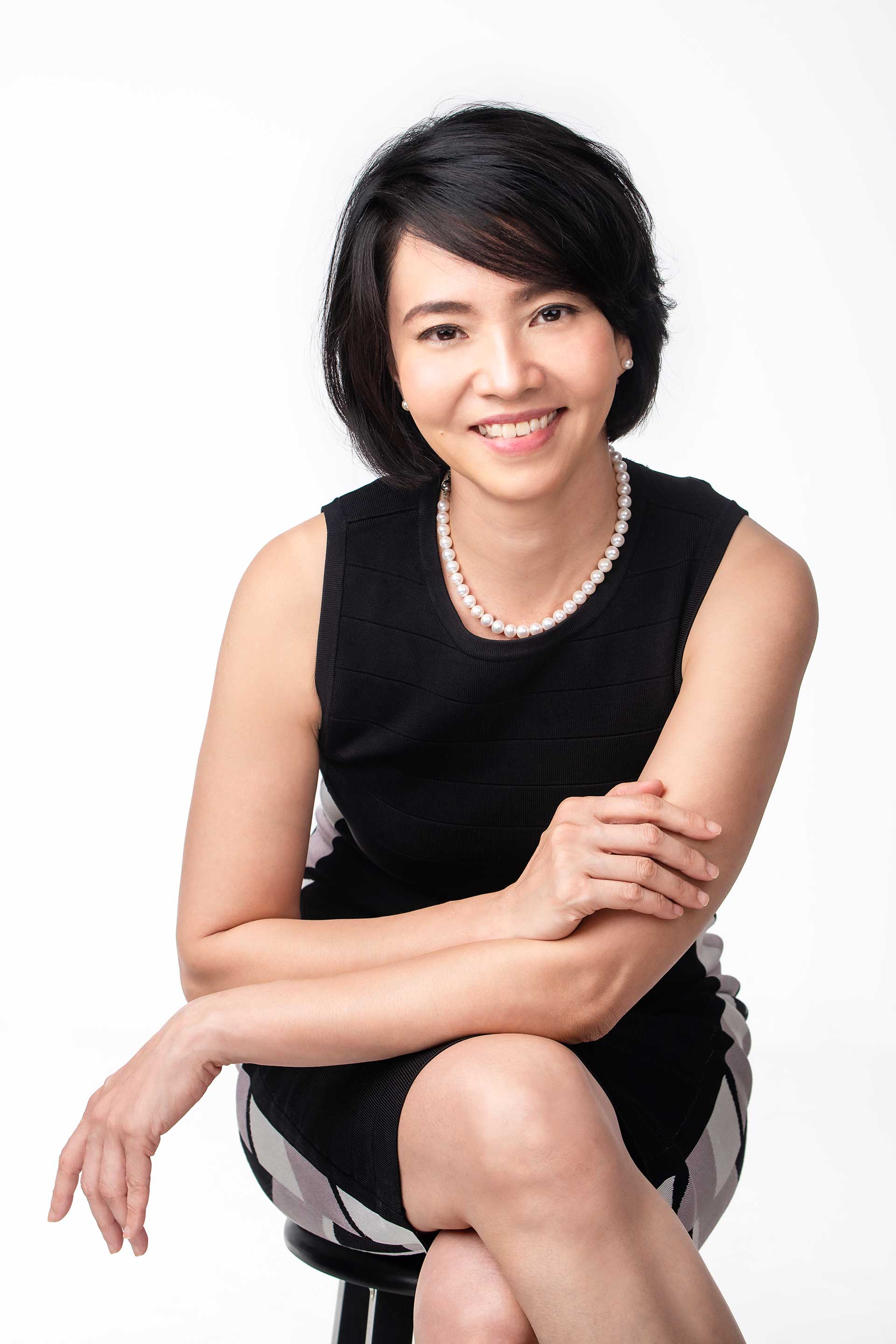
January 29, 2021
By: Wynne Tan
The Second Generation: Overcoming Challenges and Finding Success in Succession
Disclaimer: Some names and identifying details have been changed to protect the privacy of individuals.
I first met William when we were both volunteering for one of Tony Robbins’ events. Despite speaking to him only once during the event, his words struck a chord with me. I was inspired by his unconditional devotion to empowering people with his knowledge and spiritual teachings to create extraordinary lives. When I found out that he was also a second-generation owner of a publicly listed family-owned business in Indonesia, I knew I had to invite him to be the first interviewee of my Family Business Stories series. His story of turning around a family business with $15 million in debt has proven to be inspirational.
William’s business has remained family-owned for decades since it was originally built from the ground up. In the early years, it was a prominent dealer of home appliances, with its influence stretching across multiple sectors of industry over time. One of its most successful aspects was its plastics business, which is thriving under William’s direct responsibility, but it is not always the case.
Q: Tell me about how the family business was started. How would you describe your parents’ management and leadership style?
A: The businesses were founded by my father, who is best described as a business lover. His love is in creating businesses. His entrepreneurial zest has given birth to several large- and small-scale businesses over the years. They were owned and managed by my parents before they were assigned to me and my brother. My father masterminded every business, but he was never interested in the management affairs.
Q: How did your parents plan and prepare for the succession of the business?
A: There wasn’t a formal plan. My dad fell out with his brother when they were managing the business inherited from my grandfather. His brother embezzled the funds and left him with all the debts. He was motivated to create multiple businesses so that my brother and I will be assigned different ones to manage, thus avoiding a repetition of his generation’s mistakes.
My siblings and I were brought to the business when we were much younger. We grew up inside these businesses and were involved in them during our school holidays. We were made to believe that we would be taking over these businesses one day.
In creating businesses and holding structures, my father led by example. On the other hand, my mother is a communicator. She interpreted my dad’s decisions and communicated their expectations.
Currently, my parents, my elder brother, and I are actively involved in different parts of the business, less so for my baby sister. She is now married and lives in another city with her own family. However, the business is equally owned by all of us. My parents’ goal was to give us the leverage to be entrepreneurs, without having to work for someone else.
Q: What are the inherent family values that your parents passed down? Are you living by them?
A: I believe there are strong values we have adopted from our parents. I admire my parents for their innovation, tenacity, and sense of responsibility. After graduating from school, I was asked to pick a business to run. I was exhilarated by challenges, so I chose the plastic business. At the time it was operating with $15M in loans and over a million dollars in annual losses. It was already a family-controlled listed company. I felt a strong sense of responsibility. I did not want to fail my family, or lose the livelihoods of the 400 employees working in the business.
When it comes to grooming the next generation, my father is one of the most hands-off parents you’ll ever meet. The first day I took over the business, he gave me the business address and I showed up by myself. My first year in the business was engulfed in the impossibility of turning around the business. It was funny how much I complained to my dad until he sat me down one day. He said, “Son, I kick-started all this without any formal education or training. You are the educated one, work this out.” He also said, “there is a piece of paper that states the value of this company, whether that’s zero or any other amount, it’s entirely up to you”. It was the first time I felt empowered, and realised that the sky’s the limit. In six years, I succeeded in transforming the business into a profitable one.
Q: What were your biggest challenges and achievements since you took over the business? What did you learn?
A: When I took over the plastic business, the company lacked system, control, and vision. This led to the belief that the only way to survive is by taking care of one’s own self-interest. From the bottom to the top management levels, there was dishonesty and misdirection, and the business failed in various facets.
There was a point where I fired the whole sales team and rebuilt it from scratch. I believe what holds a company together is the culture. Over time, with new people joining, the old “self-enriched” culture was replaced by a cohesive team that worked towards a common vision.
Another lesson that I learned was the importance of metrics, especially when the business grew to produce large scale customized products. By implementing various measurements, we discovered that products that were thought to be profitable based on intuition were actually making losses.
My biggest achievement was when I had a paradigm shift and successfully transitioned the management of the business to a professional recruited outside the family. The current acting CEO was a competitor who joined our family business 7 years ago when our interests aligned. Since then, the business has achieved breakthroughs and new records year after year. This ultimately frees me up to pursue my calling of giving spiritual teaching.
Q: How would you describe the relationship between the family members? Do you have a mode of conflict resolution?
A: I would say our family is close-knit and has always maintained a strong bond. We have vacations together once a year and lunch once a week. We are not bound by the same religious beliefs, however. Even though I went to a Catholic school, I was raised by my grandmother, who is a staunch Buddhist, I believe in universal spiritual principles. The family just casually observes traditions and rituals that have been passed down for generations.
We have no formal way of resolving conflicts. Do not be mistaken: my brother and I engage in disputes from time to time. But we can always communicate openly and understand that any disagreement is not personal. He supports me when I give my spiritual teachings, and I help him when he faces challenges in the business.
Q: What is your vision for the business and the Next Generation?
A: In the next 5-10 years, I see the business moving beyond making money, and into developing a spiritual place for people to meet. This philosophy is based on the fact that people spend more time in their place of work than anywhere else. I look forward to creating and maintaining a sustainable business that adds value to the world.
I envision to transcend and include. This means learning from the past and adopting what worked into the future. I have no expectations of my daughter working in the business. She is free to pursue her own callings.
What I Have Learned
William’s story shows incredible ambition and self-belief. Sticking with the company through to profitability also shows dedication. Finally, and perhaps most remarkably, the ability to recognize that he has achieved something, and to be able to then step back and allow others to take the reins while he turns to other passions, shows deep and admirable maturity and self-awareness. William’s father’s hands-off approach to succession is ‘unconventional. And yet, it appears to have been an integral factor to William’s long-term success, as he felt empowered to transform the business on his own terms. Such decisions are difficult in family businesses, where the success and failure of the companies can become so easily entwined with feelings of personal values and personal relationships.
Stay tuned for more interviews with people behind family businesses.


